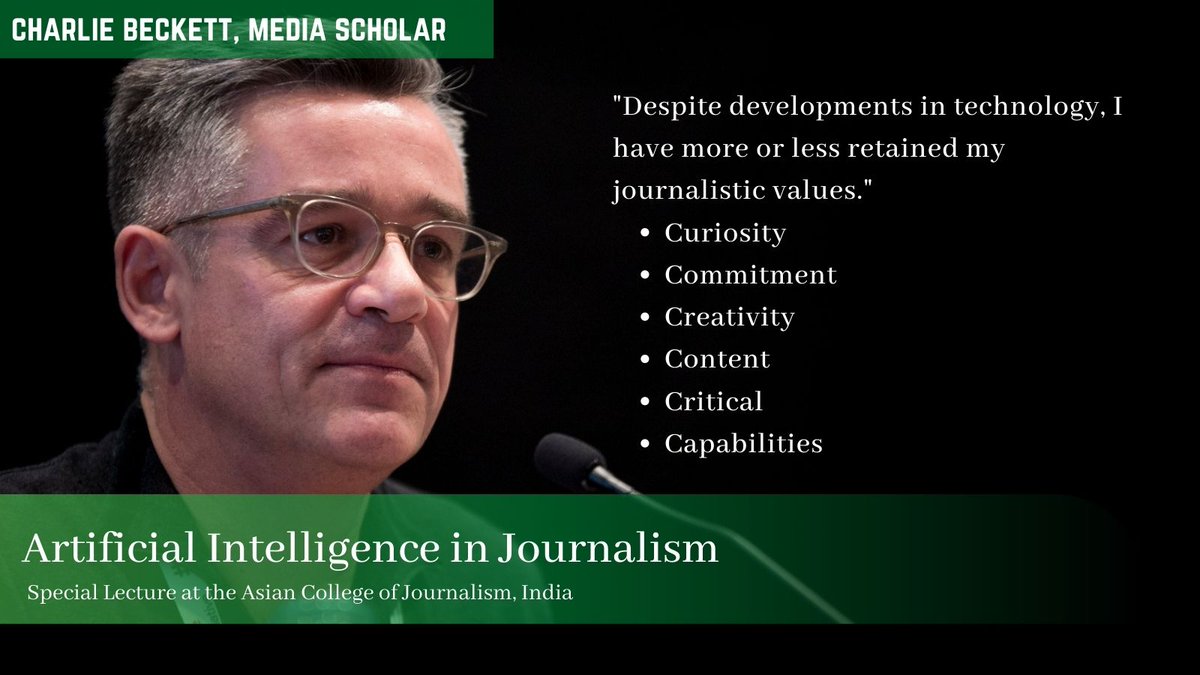Sudhanshu Sanwal
5:28
5:29
5:30
5:31
5:31
5:31
5:35
5:36
5:38
5:39
5:40
5:42
5:42
5:43
5:47
5:47
Connecting…



